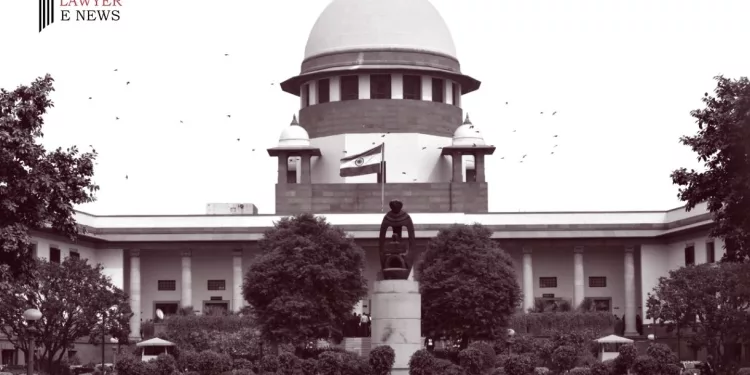Evidence of Hostile Witnesses Can Be Accepted to the Extent It Is Dependable on a Careful Scrutiny Thereof – Supreme Court Upholds Conviction in Gang Rape Case

In a significant ruling, the Supreme Court has dismissed an appeal against the conviction in a gang rape and intimidation case under the Indian Penal Code and the Tamil Nadu Prevention of Women Harassment Act, emphasizing the reliability of initially consistent testimonies over subsequent hostile behavior by witnesses during trial.
Legal Point of the Judgment:
The primary legal issue in this case revolved around the credibility and admissibility of testimonies by witnesses who later turned hostile. The apex court, reaffirming its earlier positions, highlighted the nuanced approach required in handling such testimonies, stating, “The evidence of a prosecution witness cannot be rejected in toto merely because the prosecution chose to treat him as hostile and cross-examined him.”
Facts and Issues Arising in the Judgment:
The appellant, alongside others, was convicted for gang raping a 22-year-old woman in January 2006. Despite substantial initial evidence including medical reports and testimonies corroborating the victim’s account, the primary witnesses—the victim, her mother, and her aunt—turned hostile during the trial. The defense argued that the inconsistencies and the eventual hostile stance of key witnesses undermined the prosecution’s case.
Detailed Court Assessment:
The court meticulously reassessed the evidences:
Initial Consistency vs. Later Hostility: The court observed that the initial consistent statements made to the police and during the examination-in-chief carry significant weight. The initial medical evidence corroborated the victim’s account of gang rape, which was crucial for the court’s decision.
Credibility of Hostile Witnesses: Citing precedents, the court noted that the testimony of hostile witnesses should not be completely disregarded but must be scrutinized carefully to determine reliability. It was pointed out that cross-examination delays could potentially influence witness testimony, which necessitates judicial prudence.
Medical Evidence: The medical reports confirmed multiple assaults and were consistent with the victim’s initial description of the events, thus supporting the prosecution’s case despite later contradictions in witness testimonies.
Judicial Precedents: The court referred to multiple precedents affirming that parts of the evidence from hostile witnesses that appear credible and consistent with other evidences should not be ignored. The importance of prompt cross-examination to prevent manipulation was also emphasized.
Decision of the Judgment:
The Supreme Court dismissed the appeal, upholding the convictions by both the trial court and the High Court, stating, “We find no reason to interfere with the concurrent findings of fact recorded by the trial court as well as the High Court on appreciation of the evidence.”
Date of Decision: May 8, 2024
Selvamani vs. The State Rep. By the Inspector of Police






